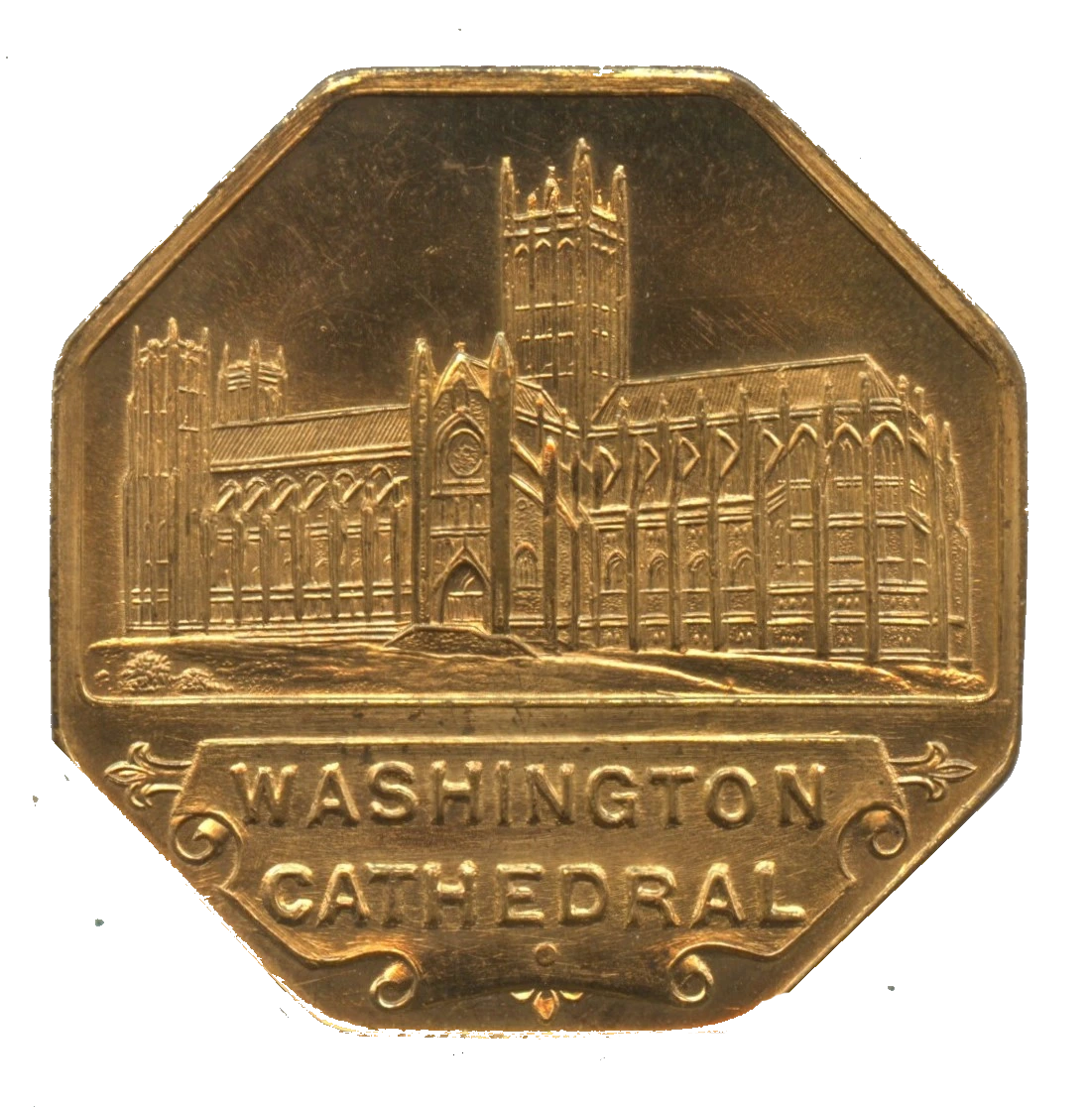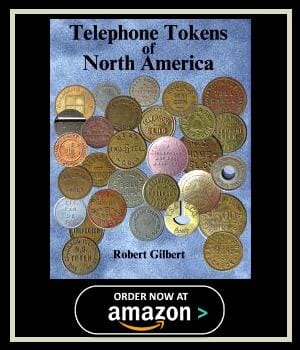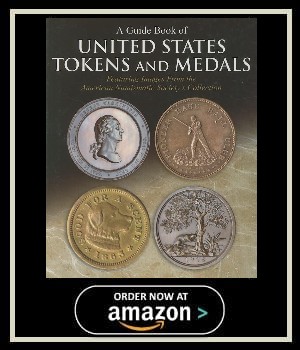Exonumia refers to numismatic items that aren’t legal tender coins or currency. These objects hold a rich history across cultures. For example, ancient societies used unique items for trade. Consequently, exonumia reflects diverse economic and cultural practices.
Early Forms of Exonumia
Ancient civilizations crafted early exonumia. In Egypt, people used metal tokens, called “proto-money,” for trade. These tokens, shaped like animals or tools, served as exchange mediums. Thus, they supported local commerce effectively.
Historical Significance
Exonumia evolved with societal needs. For instance, tokens and medals replaced coins in specific transactions. Moreover, communities valued these items for their symbolic meaning. This diversity highlights exonumia’s role in history.
Tokens in Ancient Trade
Ancient traders actively used tokens. For example, Egyptian proto-money facilitated bartering. These items bore unique designs, like symbols or tools. Therefore, they strengthened trust in local markets.
Medals and Commemorative Items
People created medals to mark events. Unlike coins, these items held ceremonial value. For instance, ancient festivals used medals as rewards. Consequently, exonumia became cherished cultural artifacts.
Exonumia in Modern Times
Today, exonumia includes tokens, medals, and collectibles. For example, modern tokens serve in arcades or transit systems. Additionally, collectors prize commemorative medals. Thus, exonumia remains relevant in contemporary culture.
Collectible Appeal
Collectors actively seek exonumia for its history. Medals from historical events attract enthusiasts. Moreover, unique designs enhance their value. This passion drives a vibrant collecting community.
Modern Uses of Tokens
Modern tokens have practical uses. For instance, transit systems issue fare tokens. Similarly, businesses use tokens for promotions. Therefore, exonumia continues to serve functional and cultural roles.







 '
'